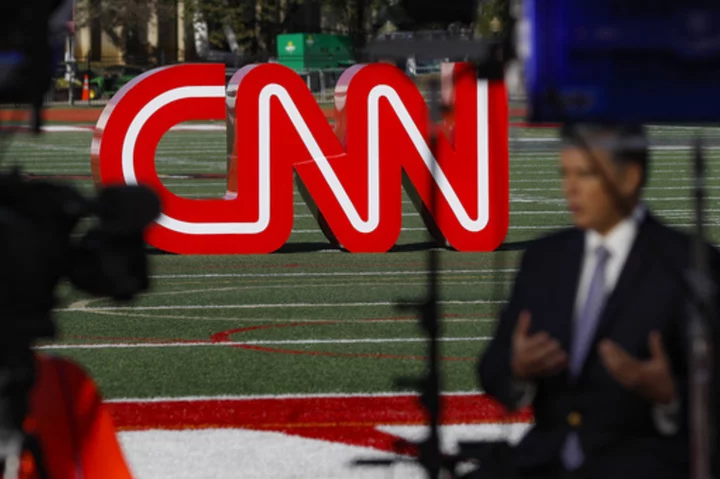NEW YORK CITY, NEW YORK: In a late-night US Open round of 16 match between Alexander Zverev and Jannik Sinner, a shocking incident marred the intense contest, as a controversial phrase was allegedly directed at the German No 12 seed.
The incident sent shockwaves through the tennis world and raised questions about the boundaries of fan behavior at sporting events.
The dramatic encounter unfolded in the early hours of the morning in New York, with both players locked in an enthralling fourth-round battle. It was during this intense matchup that Zverev made a complaint to the umpire about a comment he claimed to have heard from the crowd just moments before a crucial point.
What was said to Alexander Zverev at the US Open?
In a conversation with British umpire James Keothavong, a visibly upset Zverev alleged that a spectator had used a controversial slur, specifically invoking a phrase associated with Adolf Hitler.
Zverev stated, "He just said the most famous Hitler phrase there is. It is unacceptable. It is unbelievable."
Following the match, Zverev elaborated on the offensive comment, recounting that the individual in question had sung the anthem of Nazi Germany, "Deutschland über alles." He expressed his discomfort with the situation, considering his German heritage and the historical context of the phrase.
"I love it when fans are emotional. But I think me being German and not really proud of that history, it's not really a great thing to do and I think him sitting in one of the front rows, I think a lot of people heard it. So if I just don't react, I think it's bad from my side," Zverev stated, as quoted by Fox News.
In response to Zverev's complaint, umpire James Keothavong took the unusual step of directly addressing the most expensive courtside seats, urging the person responsible for the slur to identify themselves.
When no one stepped forward, Keothavong made an announcement to the entire crowd, emphasizing the need to respect the players, while security personnel were dispatched to address the situation.
Play eventually resumed, but cameras later captured a middle-aged male being approached by security and subsequently escorted out of the arena, much to the satisfaction of the surrounding fans. It remains unclear whether the man in question was the individual alleged to have made the offensive comment.
This incident adds to a series of crowd-related issues at this year's US Open. Daniil Medvedev had previously criticized noisy spectators after one of his matches, and there have been reports of a heightened and at times disruptive atmosphere, particularly over the Labor Day weekend in New York.
In the actual match between Zverev and Sinner, the German player managed to secure the first set, despite Sinner's higher ranking and the favorite tag. However, Sinner fought back, leveling the match at one set each.
Zverev took advantage of his opponent's injury struggles to capture the third set. As the match approached 1 am in New York, Sinner staged a comeback, winning the fourth set and forcing a decisive fifth.
The controversy surrounding the racial slur has ignited discussions about appropriate behavior at sporting events and serves as a stark reminder of the significance of certain historical phrases, even when used inappropriately and out of context.
Why is 'Deutschland über alles' considered taboo?
"Deutschland über alles," the opening line of the German national anthem, is considered taboo due to its historical association with Adolf Hitler's Third Reich and the atrocities of the Nazi regime.
While the lyrics were written in 1841 by August Heinrich Hoffmann von Fallersleben, long before the Nazis came to power, they became closely linked to the Nazi rule during World War II.
Hoffmann von Fallersleben originally penned "Das Lied der Deutschen" as an appeal for the various German monarchs to prioritize the creation of a united Germany over the independence of their small states. The first stanza's call for "Germany, Germany above all, above all in the world" was intended to promote unity among the German states.
However, as the Nazi regime adopted this stanza as a symbol of their nationalist and expansionist ideology, it acquired a highly negative connotation.
In modern German society, the singing or mention of the first stanza is considered improper and incorrect during official settings and functions, both within Germany and abroad. While not forbidden by the German legal system, its historical associations have made it a highly sensitive and taboo expression.









